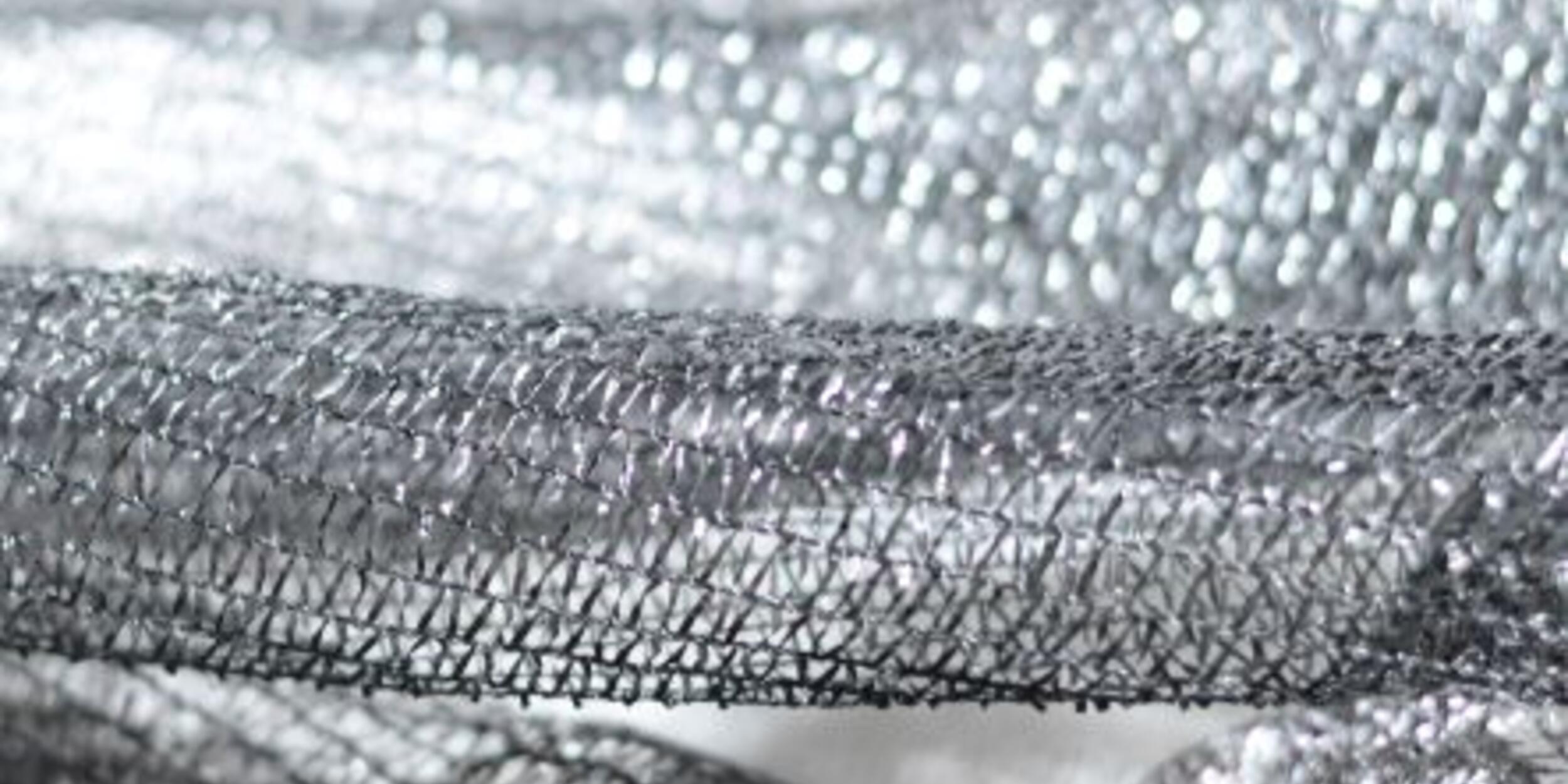Doktoratsstudium – PhD in the Arts

Übersicht
Das künstlerische Doktoratsstudium an der Universität Mozarteum versteht sich als internationales Studieum und bietet Künstler*innen sowie Forscher*innen aus verschiedenen Bereichen wie Musik, Bildende Kunst, Theater, Tanz, Film, Medien und Design die Möglichkeit, ihre eigenständige künstlerische Forschungspraxis weiterzuentwickeln. Das Doktoratsstudium konzentriert sich auf das Potenzial künstlerischer Prozesse, sich als Forschung zu artikulieren, und hebt dabei ihre Fähigkeit zur kreativen und kritischen Reflexion hervor. In diesem Zusammenhang dient die künstlerische Praxis sowohl als Untersuchungsgegenstand als auch als primäre Methode, mit der die Forschung durchgeführt wird.
Studien- & Prüfungsmanagement
+43 676 88122 492
studienabteilung@moz.ac.at
Umfang
6 Semester / 180 ECTS-AP
Unterrichtssprache
Englisch
Anmeldezeitraum
01.02.-28.03.2026
Aufnahmeprüfung
22.-24.06.2026
Downloads